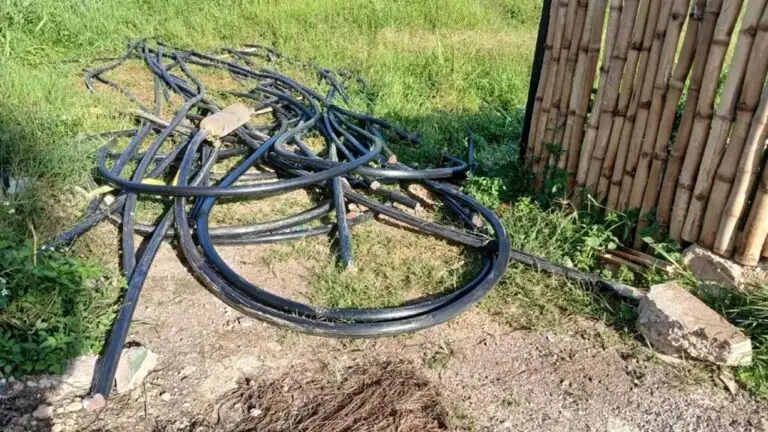MONTEGO BAY, Jamaica — Jamaica’s telecommunications leaders are calling for decisive action to combat the rampant theft and vandalism of critical infrastructure, which continues to disrupt essential services and burden the nation’s digital development.
Speaking at the Infrastructure and Physical Development Committee meeting in the House of Representatives on Tuesday, Digicel Jamaica CEO Stephen Murad highlighted the urgent need for harsher penalties to deter such crimes.
“Without stronger penalties, there’s no real deterrent,” Murad stated. “This issue has persisted for over a decade, and it’s time we collectively address it. Apart from educating the public, we need to send a clear message that damaging critical infrastructure has severe consequences.”
Murad pointed out recent incidents of theft and vandalism that have caused widespread disruptions, including drained fuel tanks at key sites in St Ann and the destruction of infrastructure in Spanish Town, St Catherine. These acts left thousands of customers without service and put additional strain on the telecoms industry.
“The customers don’t care about the reasons—they just blame us. But as a country, we need to do more. We need political will to change legislation,” Murad said.
Critical Infrastructure as National Security Priority
Minister of Legal and Constitutional Affairs Marlene Malahoo Forte reiterated the Government’s stance on the issue, emphasizing that infrastructure supporting utility services is vital to the nation’s stability.
“The Holness Administration considers these infrastructures as critical to the state’s security, especially in this digital era,” Malahoo Forte said. “Our response will reflect the importance of safeguarding this infrastructure. People must understand that tampering with energy and telecom facilities undermines the entire country.”
Vulnerabilities Across the Sector
Michael Brown, technical director at Flow, echoed similar concerns, revealing that vandalism continues to hinder their operations despite proactive measures.
“Before the hurricane, we had 36 solar-powered sites. Post-storm, we increased that to 46, but eight of those systems were vandalized, with solar panels stolen,” Brown explained. “While we employed security personnel during the hurricane, the costs were unsustainable.”
He further noted that vandalism affects multiple stakeholders, including Jamaica Public Service, which also suffers significant losses.
Industry-Wide Collaboration Needed
Murad stressed the need for a united front, calling for collaboration between the public, private sector, and political leadership.
“We can’t solve this alone. Telecoms, utilities, and law enforcement must come together to protect these resources,” he urged.
As the nation pushes forward in its digital transformation, the telecom industry hopes that legislative reforms and public awareness campaigns will create the necessary framework to safeguard Jamaica’s critical infrastructure.

